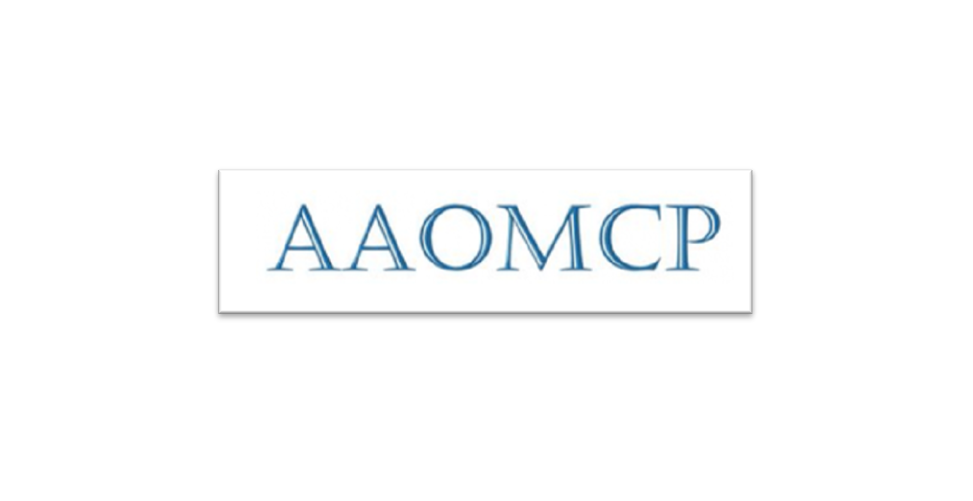TrueTrain
CDI
Clinical Documentation Improvement
TrueTrain
CDI
Clinical Documentation Improvement
Program Begins May 6, 2024

Clinical Documentation Improvement (CDI) is an essential part of the healthcare industry, playing a crucial role in ensuring accurate patient records, optimizing reimbursement, and enhancing the quality of care. Here are some key reasons why CDI is important in healthcare:
Accurate Patient Records: CDI helps ensure that patient records are complete, accurate, and up-to-date. This is critical for providing continuity of care, enabling healthcare providers to make informed decisions, and tracking patient outcomes. Accurate records also support research and quality improvement initiatives.
Optimized Reimbursement: CDI plays a vital role in maximizing reimbursement from insurance companies. By ensuring that diagnoses and procedures are coded correctly, CDI helps healthcare providers receive appropriate compensation for their services. This accurate coding also contributes to the overall financial stability of healthcare organizations.
Enhanced Quality of Care: Accurate and complete patient records are essential for delivering high-quality care. CDI helps identify gaps in documentation and potential errors, allowing for timely interventions to improve patient outcomes. Additionally, CDI data can be used to identify areas for improvement in care processes and patient education.
Regulatory Compliance: CDI helps healthcare organizations meet complex regulatory requirements related to medical coding and billing. This compliance reduces the risk of audits and penalties, ensuring that healthcare providers are operating within the legal framework.
Risk Adjustment: CDI is particularly important for risk adjustment programs, which reimburse healthcare providers based on the complexity and severity of their patient population. Accurate coding ensures that providers receive appropriate compensation for caring for patients with higher risk factors.
Patient Safety: Accurate and complete patient records are crucial for patient safety. CDI helps identify potential medication errors, allergies, and other contraindications, enabling healthcare providers to make informed decisions that safeguard patient well-being.
Data-Driven Decision Making: CDI provides valuable data that can inform decision-making at various levels of the healthcare system. This data can be used to identify trends, evaluate the effectiveness of treatment protocols, and allocate resources more efficiently.
Performance Improvement: CDI data can be used to track performance metrics and identify areas for improvement in clinical documentation practices. This continuous monitoring allows healthcare providers to refine their coding processes and achieve higher levels of accuracy and completeness.
Professional Development: CDI specialists play a critical role in educating and supporting healthcare providers in accurate coding practices. This ongoing education ensures that providers stay up-to-date on coding guidelines and regulatory changes.
Future-Focused Healthcare: CDI is an essential component of value-based healthcare, where reimbursement is tied to patient outcomes and quality of care. Accurate and complete patient records are the foundation for measuring and improving patient outcomes, driving the healthcare industry towards a more patient-centered and quality-driven approach.
Overall, CDI is an indispensable element of the healthcare system, contributing to accurate patient records, optimized reimbursement, enhanced quality of care, regulatory compliance, risk adjustment, patient safety, data-driven decision-making, performance improvement, professional development, and a future-focused healthcare delivery model.

